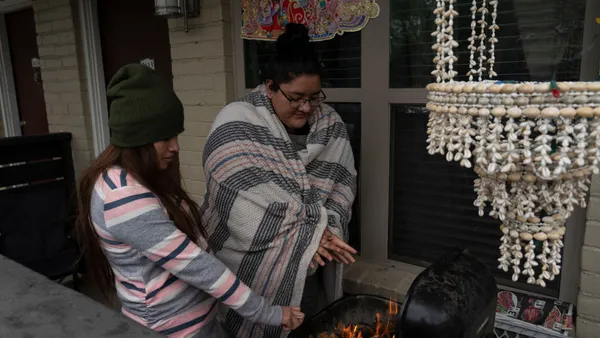Dive Brief:
- Boston Mayor Martin Walsh has introduced an ordinance to establish guidelines and regulations for short-term rentals, such as through Airbnb. The measure now heads over to the city council for debate and a vote.
- The proposal uses a mixture of registration fees and limits on how often each unit can be rented on a short-term basis.
- The measure aims to strike a balance between allowing residents to make money through home-sharing and preventing the practice from monopolizing the city's housing market, which contributes to the area's short supply and high costs of housing.
Dive Insight:
Inadequate housing supply is a growing problem that cities are trying to tackle from all angles. The tight supply contributes to rapidly rising housing costs across the country. Cities including Seattle and Salt Lake City recently have put forth housing plans to increase the supply and stop skyrocketing housing costs.
The Boston area has launched efforts on this topic as well, with 14 cities in the metropolitan area collaborating to form a housing partnership. Days after that initiative launched, the state of Massachusetts announced its own plan to create new housing units and combat rising prices. The state, and especially the Boston area, is one of the most expensive places to live in the country and has had difficulty growing its housing capacity. The proposed ordinance would put long-term Boston residents' housing needs above tourists' and visitors', while attempting to still allow residents to participate in home-sharing.
Home-sharing companies such as Airbnb or VRBO originally were met with much fanfare, but in the past few years cities have been trying to crack down on their effects. These businesses contribute to an area by allowing residents to earn money in a non-traditional way and connect with new people, while also creating competition for the hotel industry.
However, municipalities have realized in the past few years that home-sharing is having a profoundly negative impact on housing as more home owners choose to not live in their places or rent them out on a long-term basis, instead turning to home-sharing. The issue of paying taxes has also been in the spotlight, as evidenced in the recent agreement between the state of Tennessee and Airbnb. Nashville has considered outright banning home-sharing because of its quickly growing prevalence and the effects it has on the rapidly growing city.
The issue is not just limited to the United States. In fact, other countries have led the way on home-sharing regulations, considering that the practice has been popular for a longer time abroad than it has domestically. After a couple years of threats, housing-strapped Paris has instated limits on short-term rentals, as has Amsterdam, which now only allows owners to rent a unit on a short-term basis for 30 nights a year.
While limiting house-sharing is not a silver bullet for solving housing crises domestically and abroad, it could help to curb rising prices and shrinking supply.











